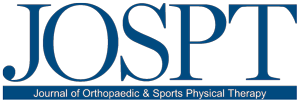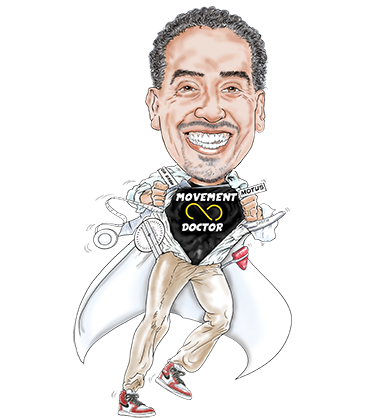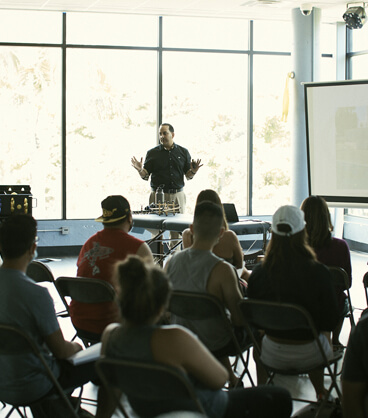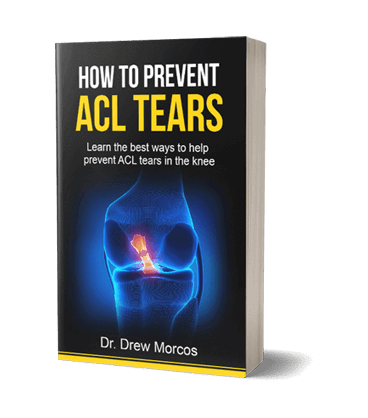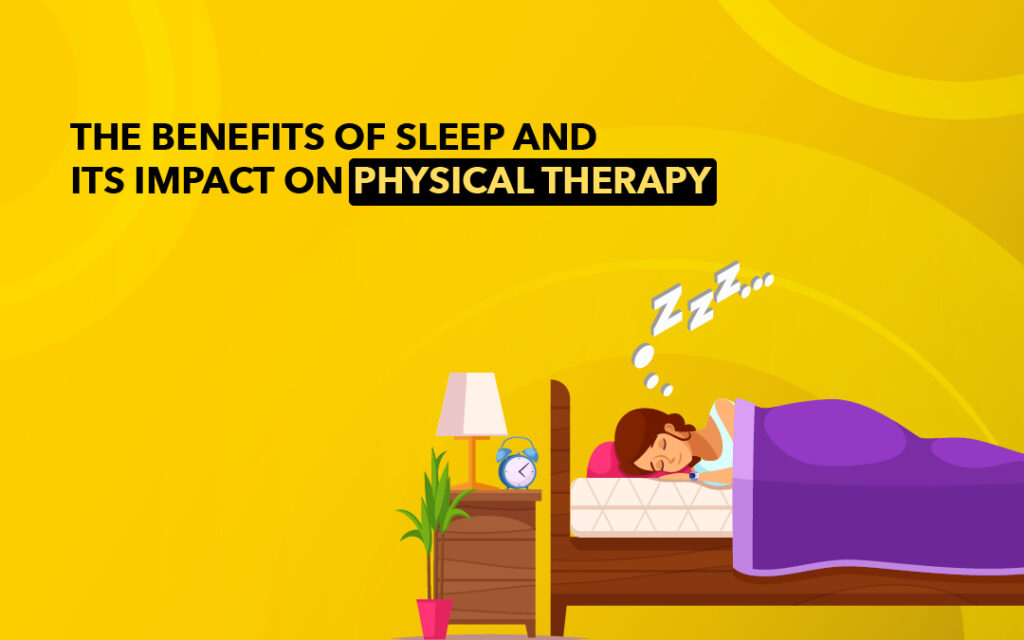
When it comes to physical therapy, there’s a whole world that exists beyond the exercises, the equipment, and the hands-on treatment. It’s a world that encompasses a slew of factors that play a determining role in the recovery process.
Factors like diet, mental health, age, ailments, etc. And one factor that often slips under the radar is ‘Sleep’. At Motus Sports Physical Therapy Clinic, we understand the importance of sound sleep and incorporate it into our holistic approach to patient care. This blog post will shed light on sleep’s role in physical therapy.
Let’s slip into sleep, oops, the topic.
The Science of Sleep
Sleep isn’t just a time for sweet dreams or a break from the hustle and bustle of the day. It’s a period when your body gets down to some serious business (no pun intended). During sleep, your body goes into overdrive to repair and rejuvenate itself.
It’s a time when the body burns the midnight oil to repair muscle, consolidate memory, and release hormones (such as melatonin and leptin) that regulate growth and appetite. In a nutshell, it’s a time when the body resets itself, preparing to function optimally the next day.
Think of it this way: sleep is to your body what turning off and restarting is to a computer. It helps clear out the bugs, gives the system a chance to reset, and sets the stage for smooth operation.
Sleep and Physical Therapy: A Symbiotic Relationship
Just as a car needs fuel to run, your body needs sleep to heal. This phenomenon is especially true when you’re undergoing physical therapy. Quality sleep can amplify the benefits of physical therapy by providing your body with optimal conditions for recovery and healing.
When you sleep, your body produces growth hormones that help repair tissues and build bone and muscle. This process is crucial when you’re recovering from an injury or surgery. The better your sleep, the better your body can utilize the benefits of physical therapy, helping you recover faster and more effectively.
Conversely, physical therapy can promote better sleep by relieving pain, improving physical function, and reducing anxiety. When you’re in less pain and more mobile, you’re likely to sleep better. It’s a win-win situation, or as we say in Seal Beach, CA, it’s like catching the perfect wave!
Sleep Deprivation: A Spanner in the Works
When sleep is elusive, it can throw a spanner in the works. Sleep deprivation can hamper recovery, and increase sensitivity to pain.
Research has shown that lack of sleep can increase the perception of pain. This situation can make your physical therapy sessions more challenging and less effective. Furthermore, sleep deprivation can affect your mood and motivation, making it harder for you to stick to your physical therapy program. This is the very reason we at Motus Sports Physical Therapy Clinic don’t just treat the symptoms but look at the root cause of your problem. If sleep is an issue, we’ll work with you to address it, ensuring that you can reap the full benefits of your physical therapy program.
Tips for Better Sleep
Improving sleep quality doesn’t have to be a Herculean task. Here are some tips to help you catch those Zs:
1. Stick to a schedule: Try to go to bed and wake up at the same time every day, even on weekends. Doing so can help regulate your body’s internal clock and can help you fall asleep and stay asleep for the night.
2. Create a restful environment: Keep your bedroom dark, quiet, and cool. Consider using earplugs, an eye mask, or a white noise machine.
3. Pay attention to what you eat and drink: Avoid large meals, caffeinated drinks, and alcohol close to bedtime. These can disrupt your sleep cycle and prevent you from getting a good night’s sleep.
4. Include physical activity in your daily routine: Regular physical activity can help you fall asleep faster and enjoy deeper sleep. Just don’t exercise too close to bedtime, as it might interfere with your sleep.
5. Manage worries: Try to resolve your worries or concerns before bedtime. Stress management might help. Start with the basics, like getting organized, setting priorities, and delegating tasks. Meditation can also ease anxiety.
Final Thoughts
Sleep is a crucial component of physical therapy and overall health. By prioritizing sleep and seeking professional help when needed, you can fast-forward your recovery time and get back to doing the activities you love. Remember, it’s not about being as fit as a fiddle overnight; it’s about making steady progress toward your health and fitness goals.
At Motus Sports Physical Therapy Clinic, we’re with you every step of the way. Whether you’re in the heart of Orange County or the beautiful surroundings of Seal Beach, CA, remember: you’re not alone in this journey. And with the right approach, including a good night’s sleep, you can reach your destination faster and more effectively.
